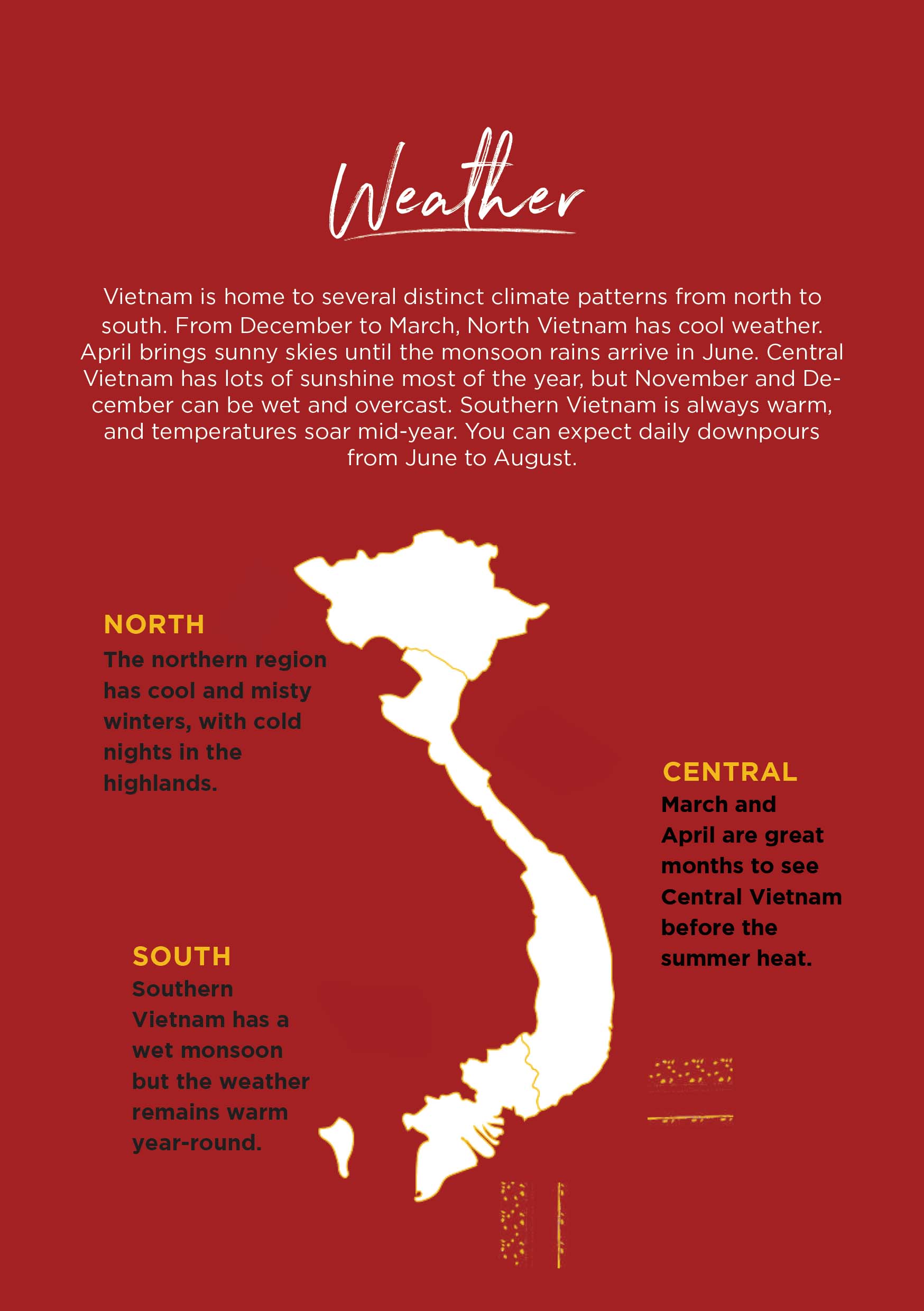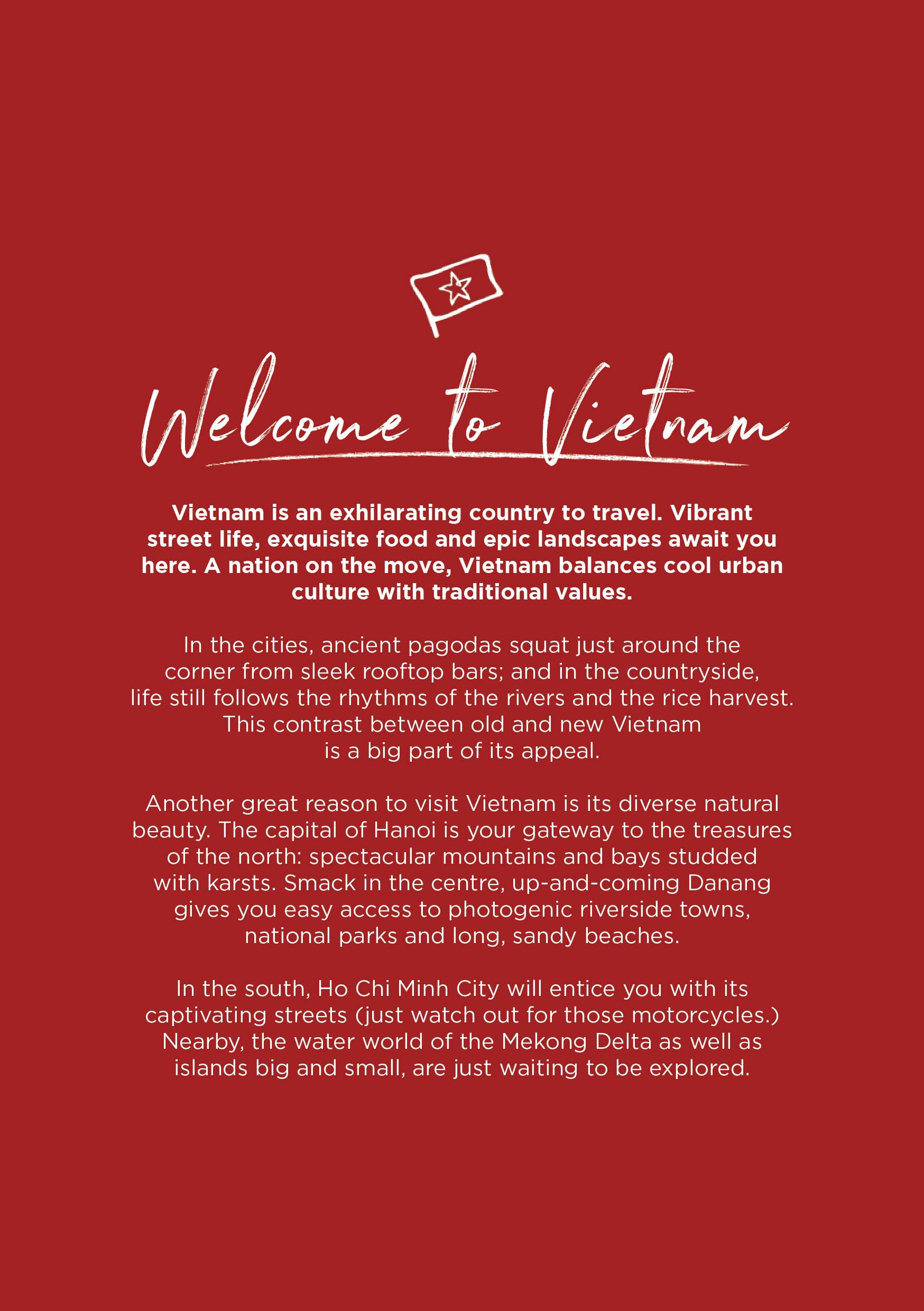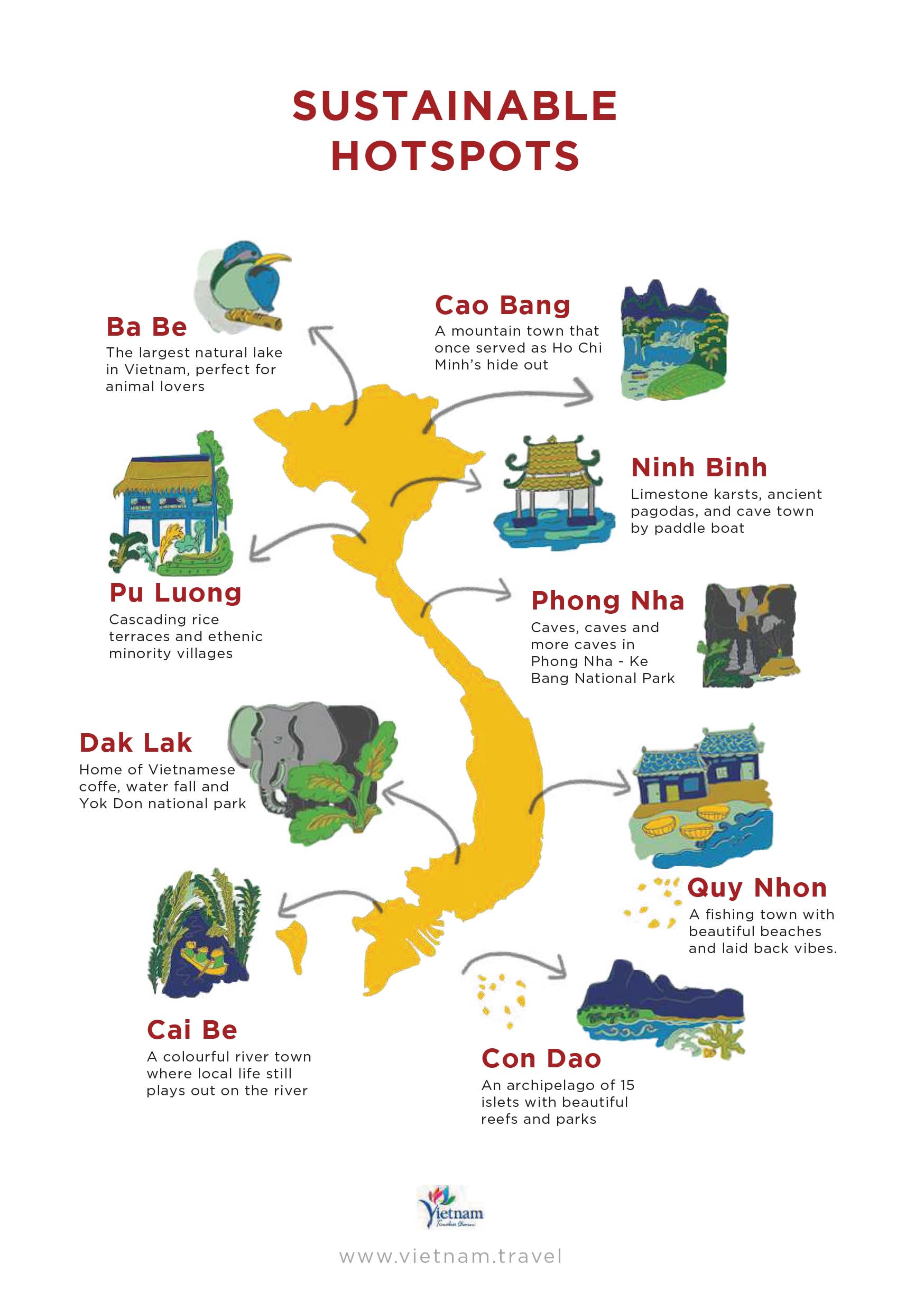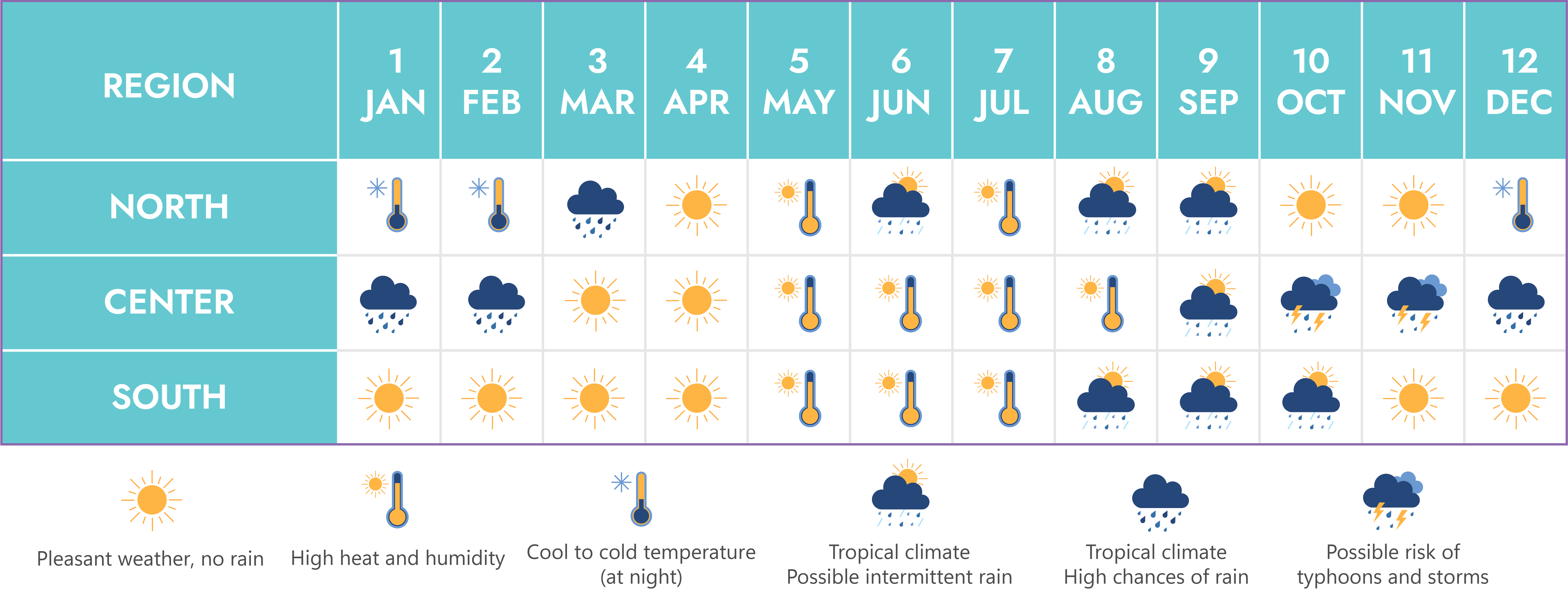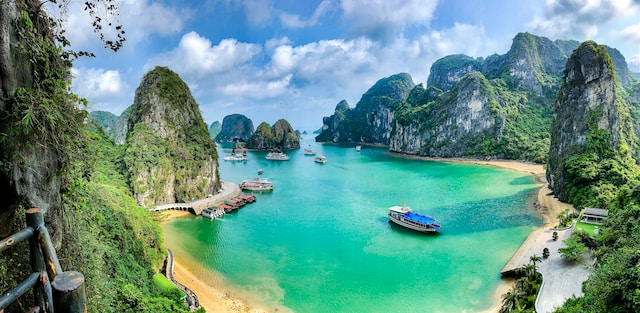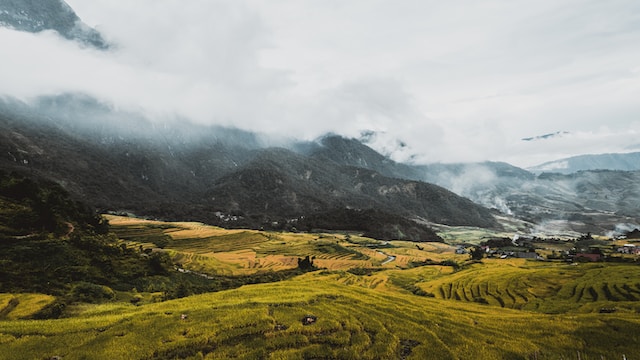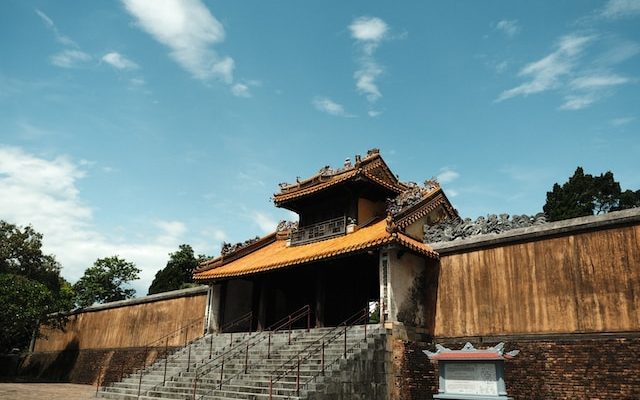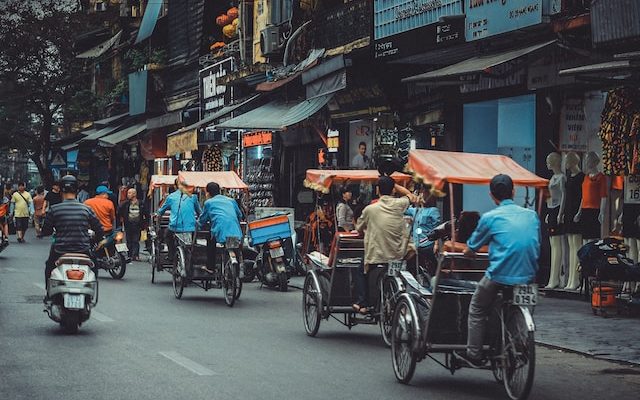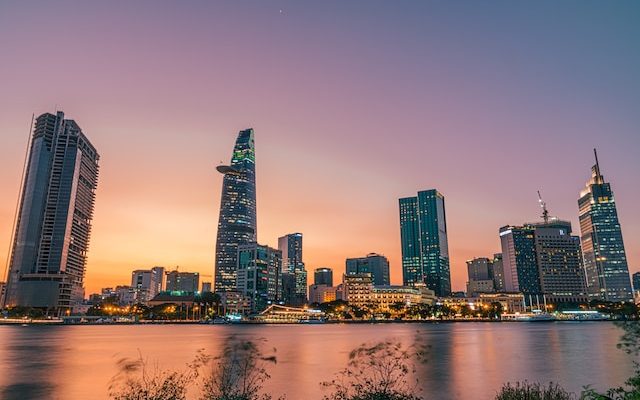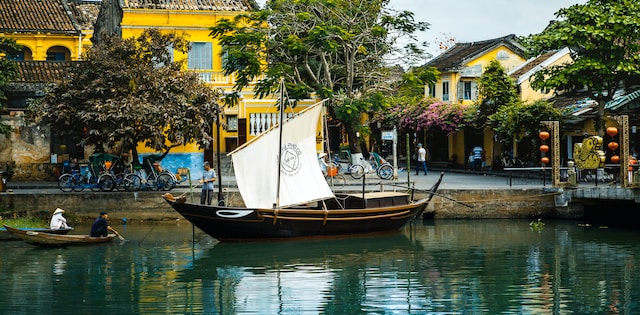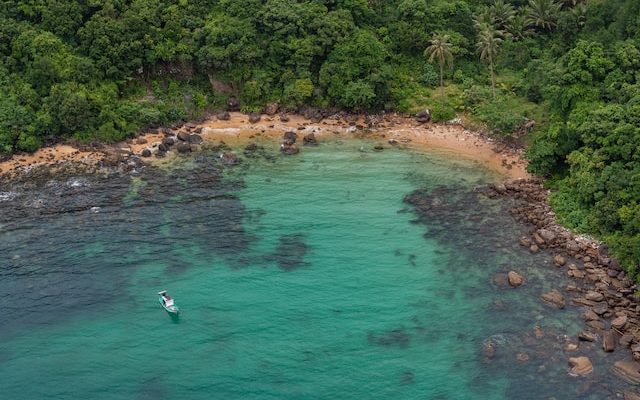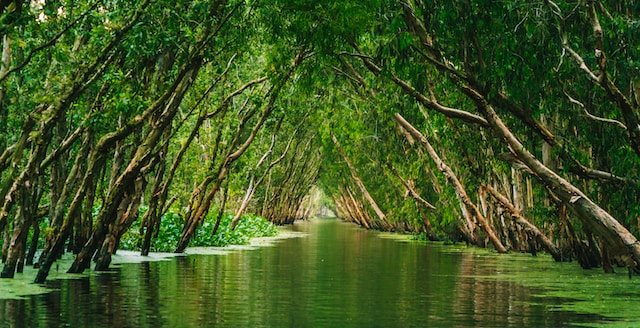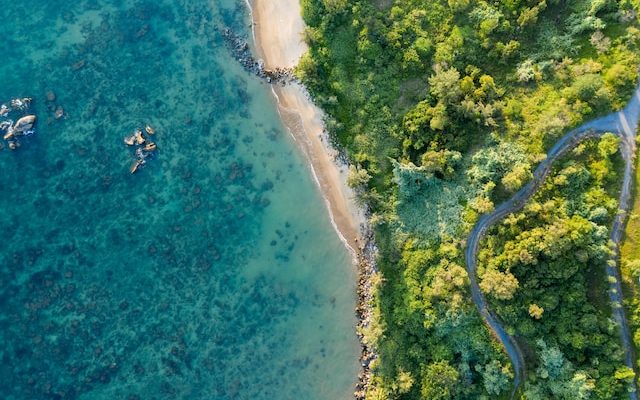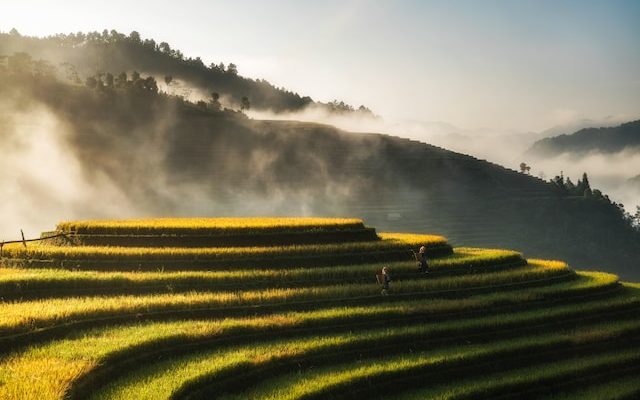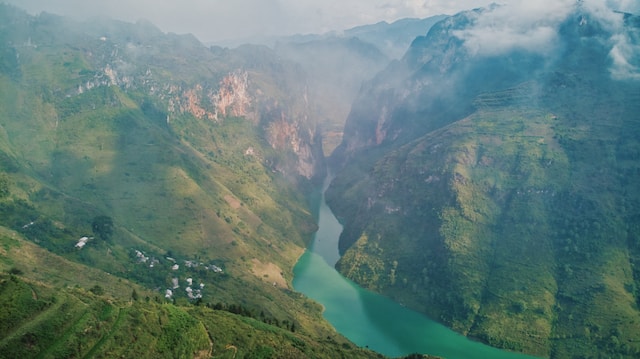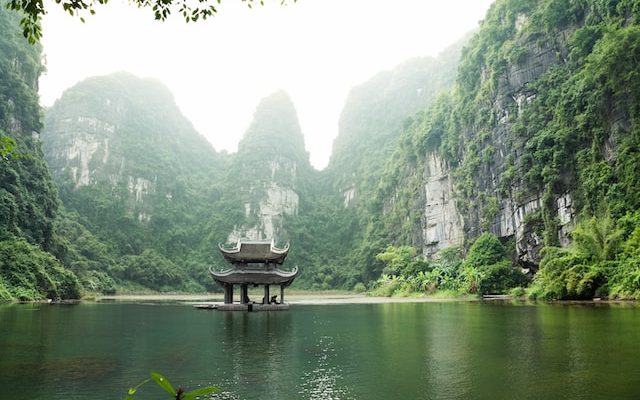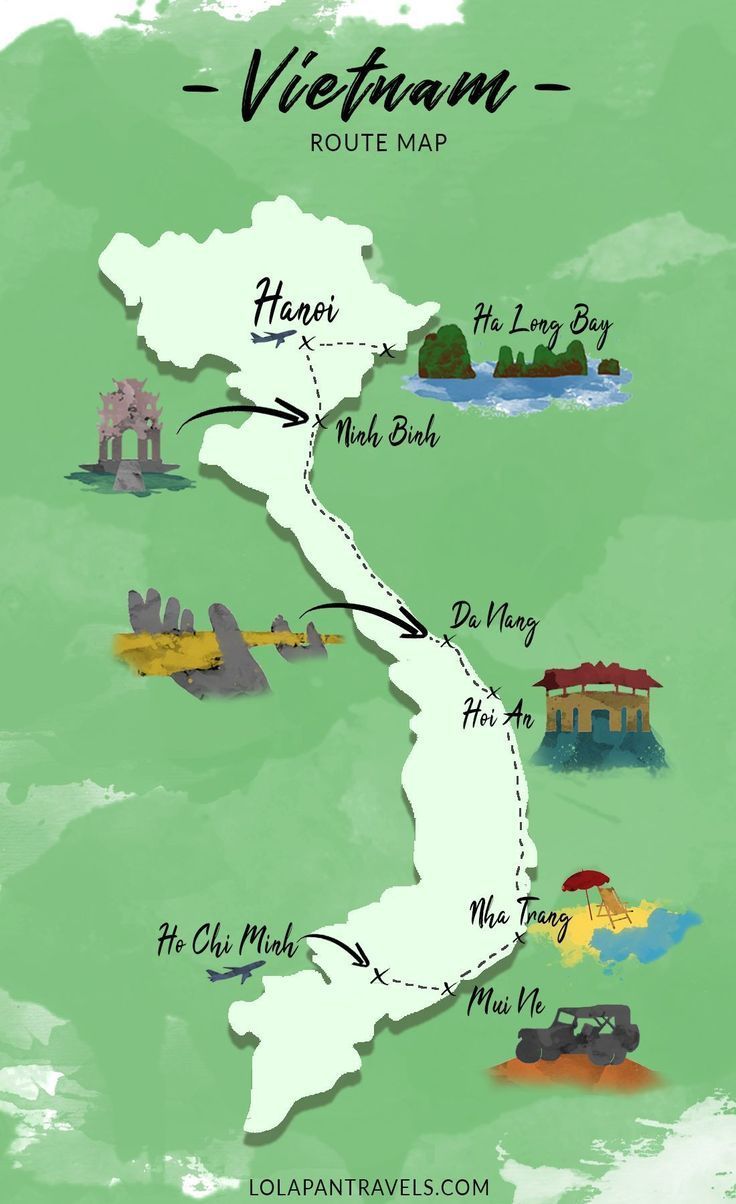A visa is required for entry into Vietnam and the regular tourist visa is valid for up to 30 days from the date of the first arrival date in Vietnam.
+ Tourist Visa exemption is available for passport holders from some Southeast Asian countries including Thailand, Philippines, Malaysia, Indonesia, Singapore and Laos are exempted from visa when entering Vietnam. Vietnam also has a visa exemption for Japanese, Swedish, Norwegian, Danish and Finnish citizens. Passport holders from these countries can travel to Vietnam up to 15 days without applying for tourist visas.
+ There are two kinds of tourist visas. The first, Vietnam Associates (VNAS) for Australians can assist and expedite obtaining, or, you can contact direct to the Vietnamese Embassy in Canberra or the Consulate in Sydney. The cost whether you obtain a tourist visa from us or direct is AU$95.00 per person per visa for a Single Entry Tourist Visa, however if you are stopping in Vietnam more than once then a Multiple Entry Tourist Visa is required and costs AU$150.00.
+ The second is a Tourist Visa on Arrival which can be obtained at the international airports (Hanoi, Ho Chi Minh City, and Danang) on arrival in Vietnam provided that it has been pre-approved by the Immigration Office. VNAS offers visa procurement services for individuals and groups. Approval Letter costs vary and may depend on how long before date of arrival – from US$25.00 pp to US$45.00 pp. To board your flight you must show this Approval Letter before you will be allowed to fly. On arriving at the Vietnam international airport you will need to take your Approval Letter to a “LANDING VISA” counter to fill in a form (a passport photo is required) and obtain your tourist visa (cost approximately US$35.00 pp) before proceeding to Immigration. Please be aware that if there are numerous flights arriving at the same time this process may take one hour or so – as reported by clients. Please be patient.
CUSTOMS
The basic principle of customs policy in Vietnam is that visitors should enter and exit with the same goods and personal possessions with the following exceptions:
Cash amounts greater than US$ 7,000 (formerly US$ 3,000) should be declared upon entry or exit.
1. Souvenirs: Visitors are free to buy products in Vietnam for personal use. The exception to this principle is antiques. Antiques considered of “national interest” will be confiscated without refund or recourse. In general this applies to articles of ancient (over 50 years old) or religious nature. “National interest” is interpreted by an expert at the airport. In cases where a visitor is unsure of the acceptability of the export of any goods purchased, they can check with the Customs Office in either Ho Chi Minh City or Hanoi for prior ruling without risk of confiscation
2. To avoid confiscation of goods not purchased, visitors must be sure an accurate description appears on the Customs Declaration form upon arrival. Particular note should be taken of antiques purchased in other countries in the region which might possibly be deemed of Vietnamese origin. Also, extra care should be taken to declare loose gemstones and jewelry.
3. Firearms, narcotics and other internationally prohibited goods are banned and those found in possession of such items are liable to prosecution. Items that you cannot bring into Vietnam include weapons, munitions, explosives and inflammables, firecracker of all kinds, opium and drugs, toxic chemicals, and cultural materials unsuitable to Vietnamese society (pornographic seditious publications, films and photos), harmful child toys.
If you break these rules you will be subject to Vietnamese law.
AIRPORT TAX
Airport tax is already included in the air ticket effective from 1 November 2006.
MEET & GREET
On exiting the Arrivals Hall, passengers will be met, greeted and welcomed by our partner WONDERSCAPE TRAVEL whose guide will ne holding holding a VIETNAM ASSOCIATES/WONDERSCAPE TRAVEL sign. Guests will then proceed to an air-conditioned vehicle for the trip to the hotel.


